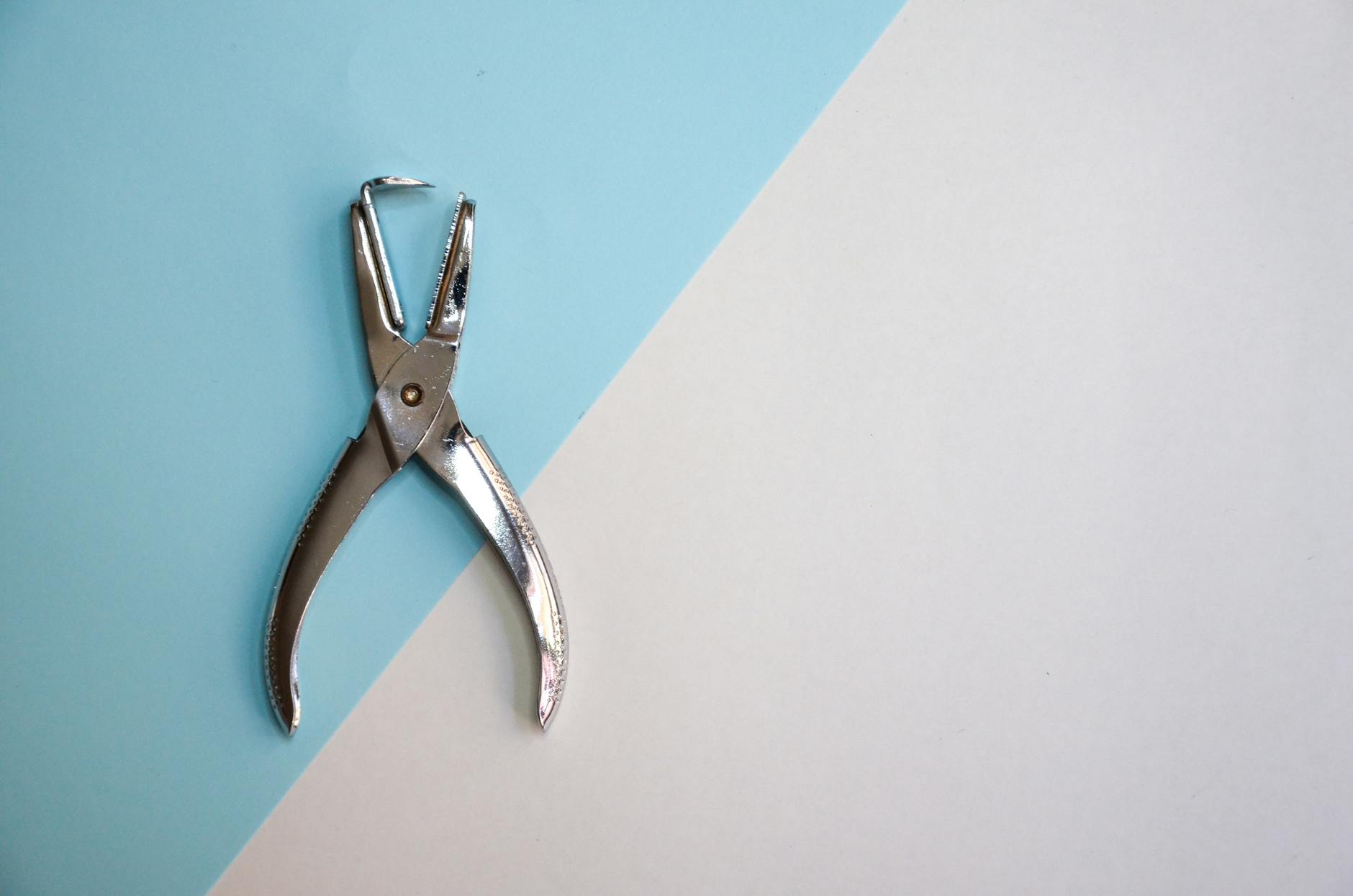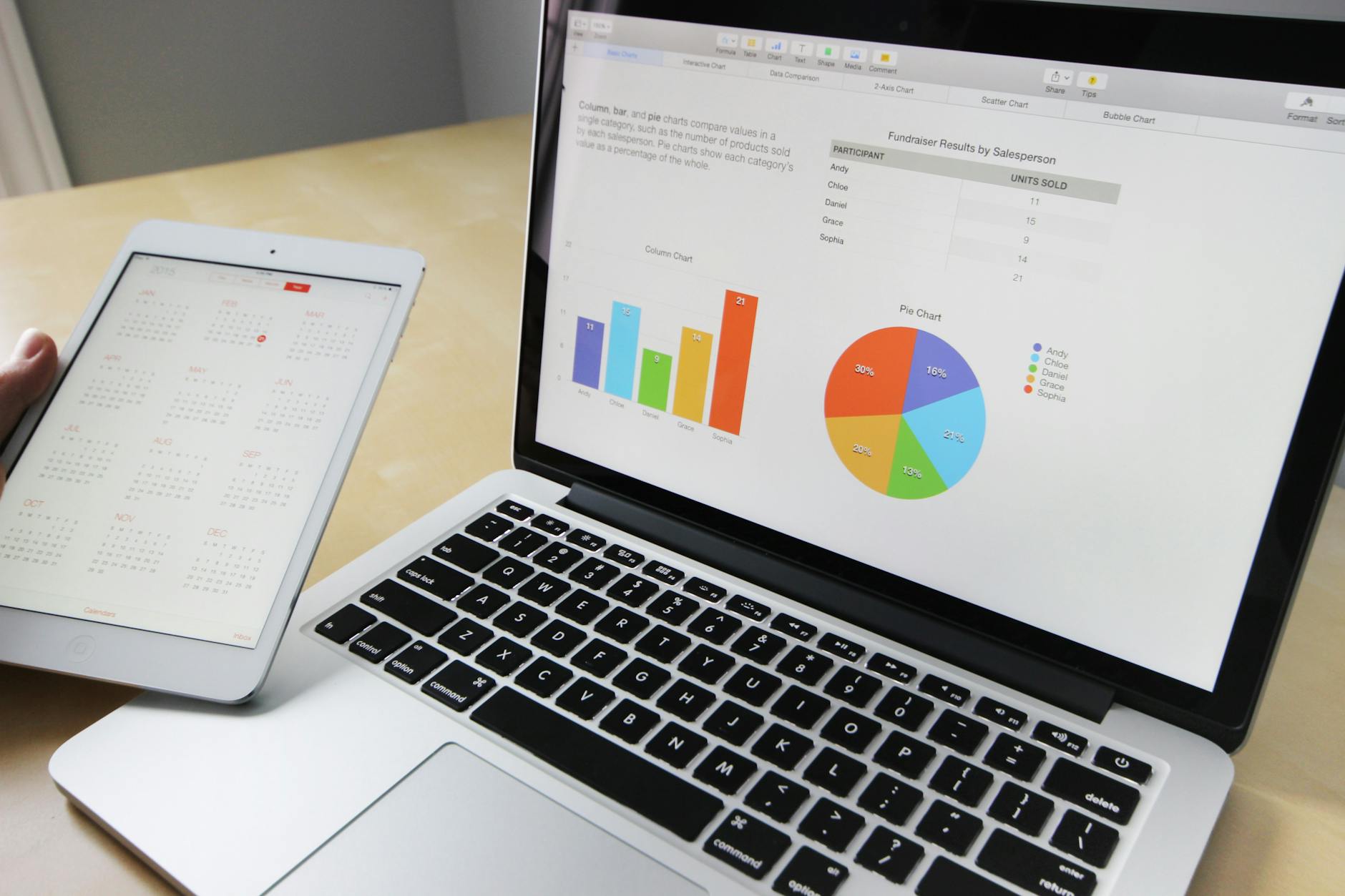
While a PhD is the highest degree of academic achievement, the journey can be tough. Age, finances, and even mental health can all become hurdles. That’s why speeding through to graduation in 36 months sounds amazing, but isn’t it just a fantasy? Not necessarily! With the right plan, dedication, and some smart strategies, achieving this goal is within reach. This article from iLovePhD dives into 15 realistic Secrets to Completing Your PhD in just 3 years.
15 Secrets to Completing Your PhD in 36 Months
1. Clear Research Focus

Define a focused and feasible research question from the beginning. A clear direction prevents unnecessary diversions and ensures a streamlined process.
Tip: Focus is the key secret to success in research. So, No Deviation!
2. Strategic Planning

Develop a comprehensive research plan with well-defined milestones. This roadmap serves as a guide, helping you manage time effectively and stay on track.
Tip: Plan your tasks within a limited time frame and follow the same.
3. Effective Time Management

Prioritize tasks and allocate time wisely. Techniques like the Pomodoro method enhance productivity, maintaining a healthy work-life balance.
Tip: Give priority to PhD related tasks first. Create an effective morning routine related to your PhD (something like writing a research paper, analyzing the data etc.).
4. Regular Progress Tracking

Keep a close eye on your progress. Regular evaluations against set milestones help identify potential issues early on.
Tip: Ensure your daily tasks are completed as per your schedule. Create and maintain a checklist.
5. Open Communication with Supervisors

Maintain open and transparent communication. Regular meetings provide valuable feedback and guidance, keeping you on the right track.
Tip: Mail your research activity to your supervisor frequently. Always maintain good communication with your supervisor/guide.
6. Utilize Resources Efficiently

Make the most of available resources. Efficient resource utilization speeds up data collection and analysis.
Tip: Be updated with available advanced tools in your research area. It will help to improve your productivity.
7. Networking and Collaboration

Engage with your academic community. Networking provides fresh perspectives, collaborative opportunities, and a support system during challenging times.
Tip: Attend conferences to present your research findings. It will help you to meet and create a network with like-minded people.
8. Effective Literature Review

Conduct a thorough literature review early on. Understanding existing research helps position your work and avoid redundant efforts.
Tip: First thing first! Be clear and strong with the basics of the survey. It will give you more confidence to proceed with your research work.
9. Continuous Writing -Secrets to Completing Your PhD

Cultivate a habit of regular writing. Consistent writing contributes to a more fluid dissertation process.
Tip: Writing is the key. Document all your research findings and start your thesis writing earlier in your PhD journey.
10. Embrace Feedback

Be open to constructive criticism. Embracing feedback leads to improvements and expedites the review process.
Tip: Accept the rejection! sometimes journal peer reviewers would give you strong cirticism on your work, dont break. Accept the review and try to overcome the shortcomings.
11. Mindful Health Practices

Prioritize well-being. Incorporate mindfulness practices, exercise, and adequate sleep into your routine.
Tip: Always keep your mind and body strong
12. Adaptability

Be prepared to adapt your research plan. Flexibility is crucial in the face of unexpected challenges.
Tip: Always have a plan ‘B’
13. Effective Data Management

Implement a robust data management system. Organized data collection and storage save time and prevent setbacks.
Tip: Back up your research data in multiple repositories in a secure manner.
14. Stay Informed about Regulations

Stay updated on institutional regulations. Familiarize yourself with submission and defense requirements to avoid last-minute complications.
Tip: Be updated with the regulations and requiremts to complete you degree. (Example: Coursework subjects, number of publication etc.)
15. Celebrate Small Wins

Acknowledge and celebrate achievements. Recognizing progress boosts morale and keeps you motivated.
Tip: Celebrate your small achivements with your peers. Example: Publishing papers, getting successful results in exprements etc.)
Completing a PhD in 36 months is ambitious but attainable with these secrets. By incorporating these realistic secrets into your academic journey, you can navigate challenges and emerge successfully with a completed dissertation. Happy researching!
Love the process of getting PhD With iLovePhD!
